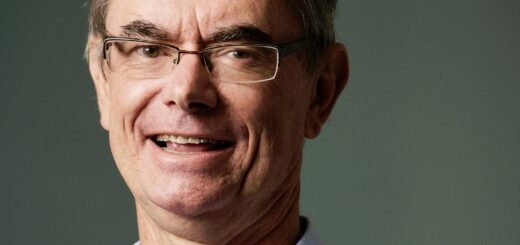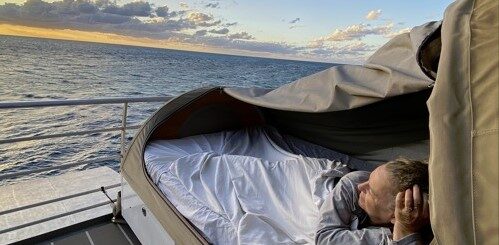Coffee for Cows
 The narrative of Tasmania’s Huon Valley is beautifully simple. It spans rivers, orchards, forests, towns sans gentrification, friendly locals and, to a lesser extent, homes where smoke from chimneys drifts without purpose when the yachts on the nearby bays are becalmed.
The narrative of Tasmania’s Huon Valley is beautifully simple. It spans rivers, orchards, forests, towns sans gentrification, friendly locals and, to a lesser extent, homes where smoke from chimneys drifts without purpose when the yachts on the nearby bays are becalmed.
It is 12033 kilometres from Kigali, Rwanda, to Hobart, Tasmania. That’s via the direct route. The estimated 20 Rwandans who initially arrived in Tasmania some 16 years ago had to travel much further than that to set up home in Australia’s island state. They were forced via hell first. They are some of the survivors of the [attempted] genocide of the minority Tutsi people in 1994.
A Rwandan Australia Friendship Association based in the Huon Valley, south of Hobart, has been assisting genocide survivors since it was formed in the 1990s. Coffee and the goodwill of a community of Tasmanians are the foundations of the association.
The group has established a Rwandan Coffee Club. The volunteer association sells five different types of coffee ($4.50 for 100 grams and $7.90 for 200grams plus postage costs) and three styles of tea ($5 for 100g) as a way of raising dollars for projects in Tasmania and Rwanda. The funds it raises from selling coffee directly support survivors of genocide in Rwanda.
John Middleton is president of the group. “One of their [the refugees] largest concerns was their inability to assist their fellows in Rwanda while they had financial and physical security. [In Rwanda] there were people dying of starvation and even people who were relatively healthy had their lives taken away,” says John.
The refugees were sending what money they could back to Rwanda. “But it was just a drop in the ocean compared to the real needs,” John says. In consultation with the Tasmanian Rwandans and volunteers from the association the idea of buying cows with coffee profits grew.
“Most of the Tutsi people have a very strong association with cows. Their ethnic association is probably with the Maasai who are also cow people,” says John. “Cows are closely associated with cultural life. The ownership of a cow provides not only nutrition but it is very symbolic.”
“We [established] a partnership with other associations and survivors of genocide in Rwanda. They identify the people who are to be the recipients of the cows,” says John. One of the fundamentals of the program is that the recipient of a cow must give the first progeny to another survivor.” The first recipients in the project then became partners in the project rather than just recipients of a cow.
The association has bought 91 local cows and two bulls to date – it costs from $200 to $300 Australian dollars to buy a cow in Africa.
The maths behind the coffee dollars for cows is, gulp, reasonably straight forward. The Rwandan Coffee Club sells 200grams of coffee for about $8. That’s $40 per kilogram. Which means around six to seven kilograms of coffee will buy a cow (there are costs of course).
The organisation guarantees that all funds donated reach the intended recipients. John and other volunteers have had two self-funded trips to Rwanda.
Not surprisingly the coffee club has received lots of media coverage over the years and according to John sales always increase after a mention in a magazine on TV and sometimes via blogs. It’s reason enough to write about the Rwandan Coffee Club now.
www.rwandancoffeeclub.org and [email protected]
– Greg Clarke


